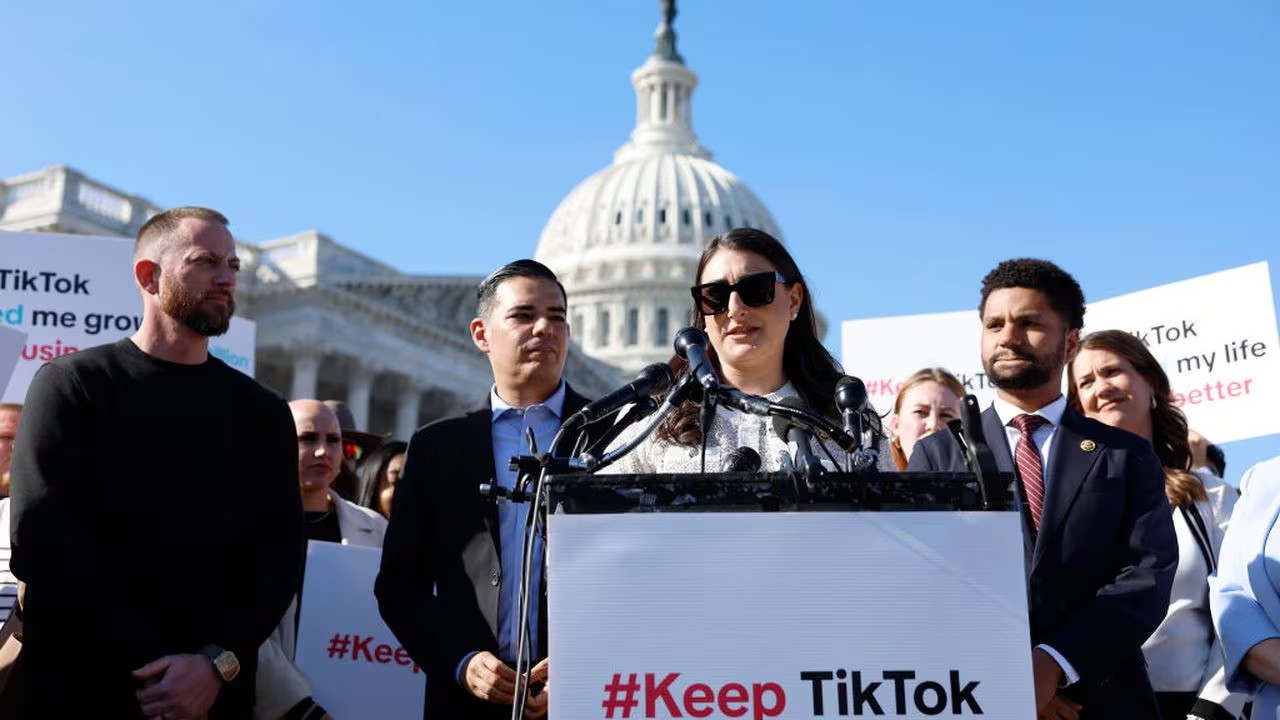Nonprofits, small businesses and even governments are catching on to the layoffs in the Big Tech world. The thousands of workers who have been laid off from large technology companies see a new market opening up for them. In addition, many emerging and emerging companies see the opportunity to add top-notch talent.
Competitive salaries, remote jobs and a simple hiring process are important benefits for this mass of workers. Another employer that has surprisingly entered the fray is the U.S. government itself. This breaks the hegemony of Silicon Valley. With increasing benefits and salaries, technology companies were keeping the best employees in the industry.
However, recent cutbacks at companies such as Meta, Google or Amazon, as well as their labor slowdown, opened other doors. Now is the time for other firms and government companies to recruit these unemployed technologists. One of the first to come on the scene was the U.S. Department of Veterans Affairs with a search for workers to fill 1,000 jobs. The tasks are to solve problems, such as modernizing benefit software or renewing internal programs.
Outside Big Tech
The various technology employers see the loss of Big Tech workers as a blessing. “It’s a confluence of interesting events,” expressed Charles Worthington, VA’s chief technology officer. “Obviously, there are new headwinds in the technology industry, leaving more people needing a job,” Worthington finished.
Some sites talk of as many as 150,000 workers being laid off from nearly a thousand technology companies worldwide. Meta and Amazon have cut more than 10,000 workers in recent months. Other smaller companies, such as Snap, Lyft or Stripe, had smaller cuts. It all stems from the widespread uncertainty of what awaits in the world of technology.
A new world of work
Several of the situations that occur in technological work attract the attention of specialists. One of them is that this type of activity is only a portion of the U.S. economy. However, these experts see the high profile of this labor market as atypical. Tech workers are looking for opportunities in other companies outside of Big Tech.
Although current jobs do not come with access to buyouts, employers are eagerly awaiting to attract talent from that sector. “People are taking this time of uncertainty as a way to pause and reflect on what they’ve been doing and see if there’s an opportunity for them to work on something different,” says Jessica Watson, chief experience officer at US Digital Response, a nonprofit that helps governments with digital expertise.
Many governments around the world have struggled to secure technological talent and young workers. In some countries, such as the United Kingdom, the fall in public sector pay has made it difficult to compete with the private sector. At other points, as in China, a number of young workers are leaving a volatile technology industry for more secure employment.




